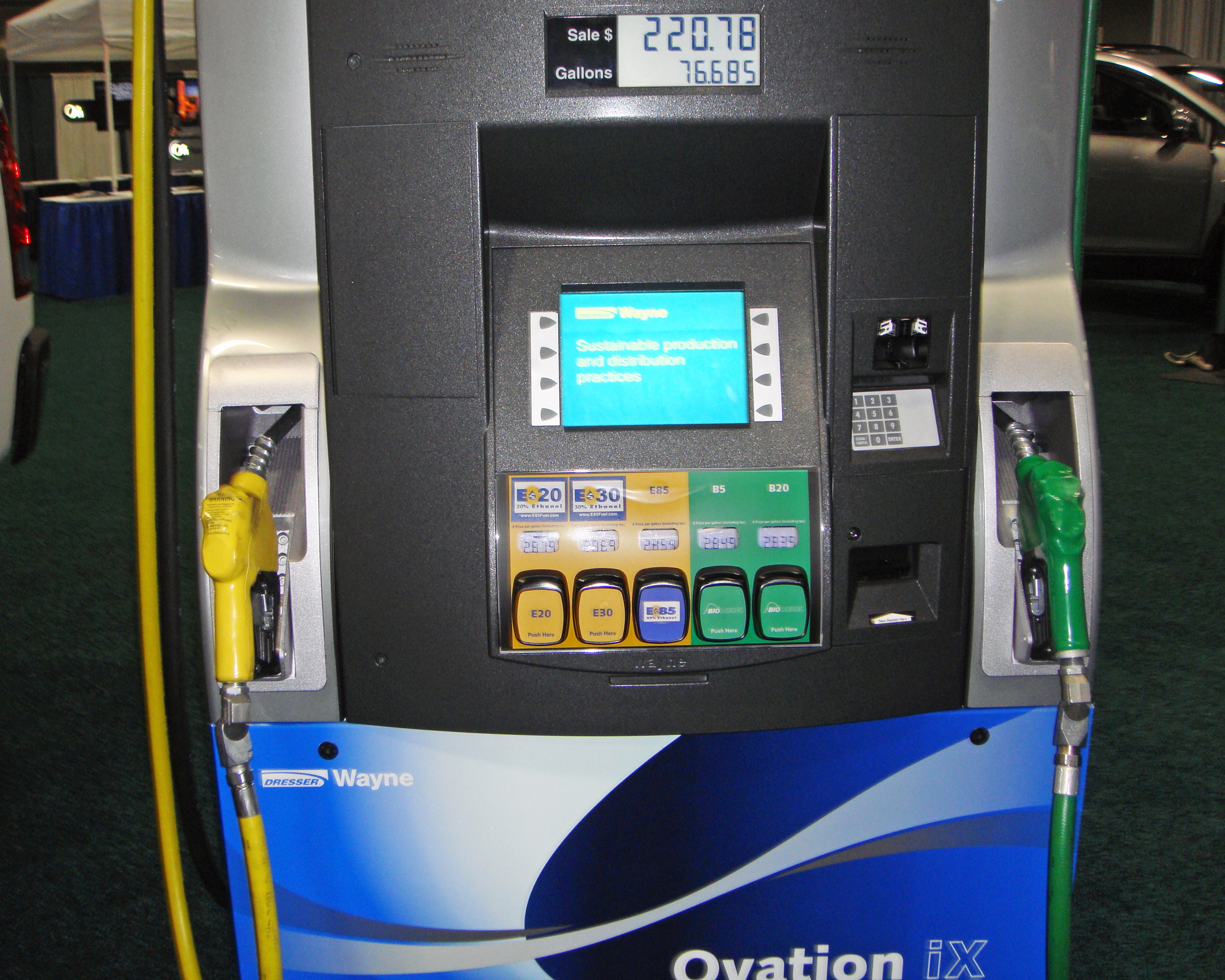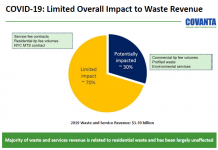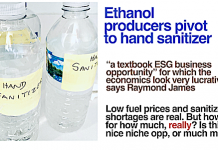by Debra Fiakas, CFA
The Trump Administration is using tariffs on China goods as a trade war tactic to pressure China into relenting to U.S. trade policy demands. Unfortunately, the fallout has been heavy and widespread. Farmers have taken the heaviest hits as China has dropped orders for corn and soybeans. Ethanol producers have been ensnared in the trade war skirmish as well and in recent weeks have been caught an uncomfortable ‘pincer-like’ squeeze by the Trump Administration.

Trump’s Environmental Protection Agency has continued its practice of granting waivers to oil and gas refiners, eliminating the requirement to blend biofuel with the refiners’ petroleum gas production. In early August 2019, the EPA granted 31 waiver applications. Originally intended to help small refineries already in financial trouble and unable to afford expensive biofuel to blend with their own production, the Trump EPA has quadrupled the number of waivers granted. Trump’s EPS has even given a number of waivers to large, highly profitable refinery companies such as ExxonMobil, Chevron and CVR Refining.
On top of reduced orders due to tariffs, the waivers have been particularly devastating for the ethanol industry and their corn suppliers. The Iowa Renewable Fuels Association claims the Trump Administration has destroyed over a billion gallons in biofuel demand in order to help large oil refinery companies. CVR Refining (CVRR: Nasdaq) has specifically quantified its benefits from receiving a waiver in 2018, citing an estimated savings of $120 million.
The waiver program has also had the effect of reducing the value of a Renewable Identification Number or RIN associated with producing a low carbon biofuel. RINs have recently been quoted near $0.11 compared to $0.20 near the beginning of the year. All refiners, whether they get a waiver or not, benefit from a reduction in the cost of these credits. Again CVR Refining has provided a glimpse into the financial benefits from the drop in RIN prices. In early 2019, the company reported a $23 million profit on RINs. Likewise Valero Energy (VLO: NYSE), the largest oil and gas refiner in the U.S., earlier this year guided for a cost of $550 million in compliance credits in 2019, compared to $942 million spent in 2018.
With the ethanol industry reeling from trade war tactics and EPA policy decisions, the shares of ethanol producers have reached new lows. Pacific Ethanol (PEIX: Nasdaq) shares recently set a new 52-week low price near $0.50. Compared to the 52-week high of $3.24 for the shares, it is clear Pacific Ethanol is on sale. Or course, the company has debt problems and may be over-leveraged. However, it’s struggles to meet debt service requirements are exacerbated by reduced demand for ethanol and the drop in RIN prices. In the most recently reported quarter ending June 2019, Pacific Ethanol reported a 15.6% decline in revenue year-over-year.
Green Plains, Inc. (GPRE: Nasdaq) shares have followed a similar fall from grace and are also trading near a 52-week low. When reporting second quarter financial results in early August 2019, management cited weak demand and even weaker profits margins as the company continues to operate below targeted capacity utilization. Revenue from production of revenue and by-products declined 28.4% in its June 2019 quarter.
Not all ethanol producers are complaining. Valero produces about 1.2 billion gallons of ethanol per year at plants located the Midwest. The well capitalized oil and gas refiner snapped up ethanol plants in Iowa, South Dakota and Minnesota when operators faced financial distress in previous years. Valero is also a joint venture partner with Darling Ingredients (DAR: NYSE) in a renewable diesel production facility in Louisiana. The biofuel operations provide Valero with a perfect hedge against renewable fuel price moves….as well as the vagaries in national energy policy.
Should investors follow the example of Valero by buying up shares of ethanol producers at bargain stock prices? Probably not. Valero’s strategy only works when gaining control over ethanol assets and making changes in operations. Furthermore, it is not likely ethanol producers will get much help from policy makers unless the current administration changes its views on renewable fuels or gets replaced by a friendlier president. What is the probability of either? The answer is pending. However, ass noted above, one of the largest beneficiaries of the Trump Administration policies has been CVR Refinery. That company figures prominently in the portfolio of one of Trump’s strongest supporters, Carl Icahn.
Neither the author of the Small Cap Strategist web log, Crystal Equity Research nor its affiliates have a beneficial interest in the companies mentioned herein.
This article was first published on the Small Cap Strategist weblog on 8/23/19.








